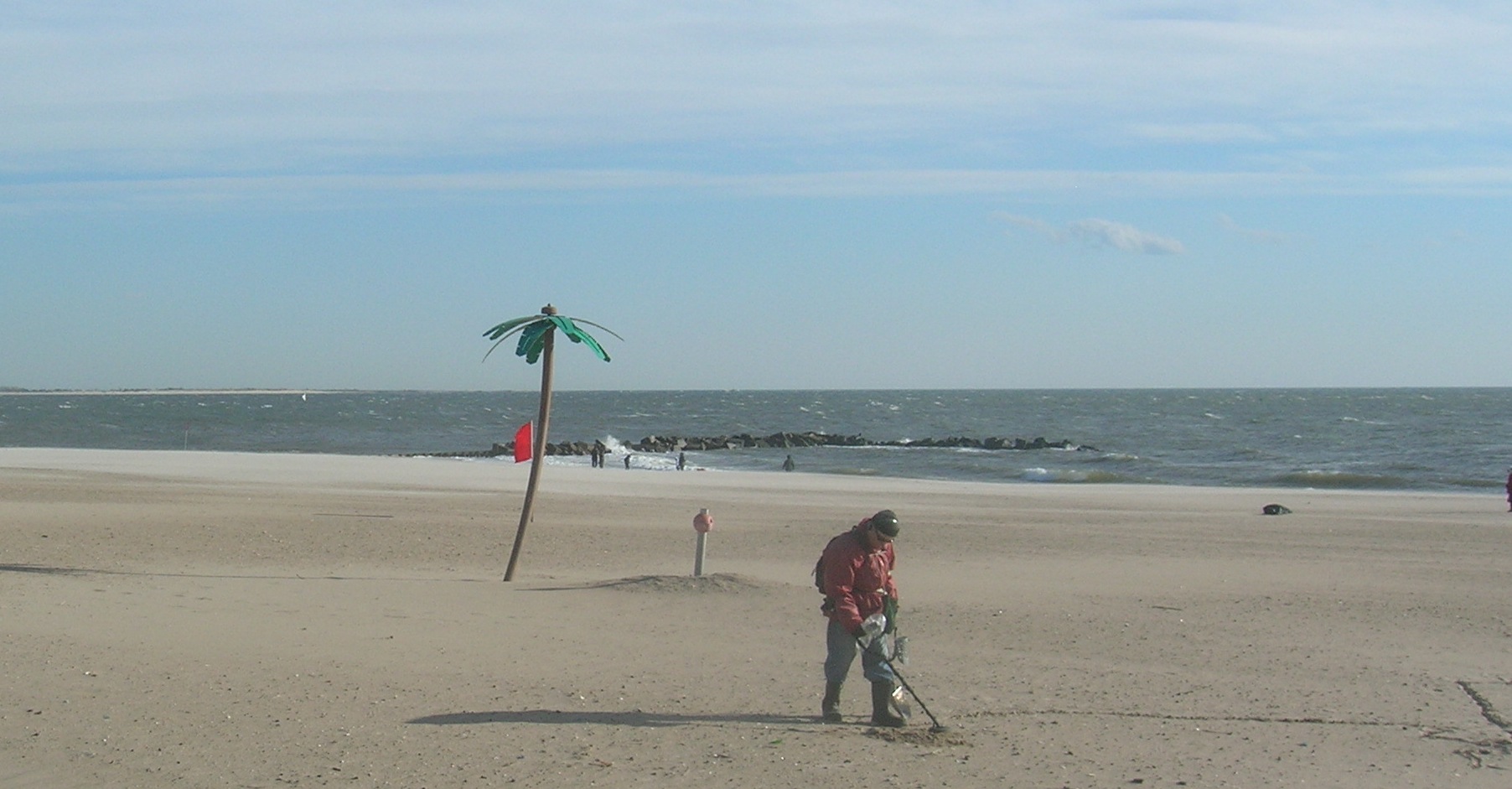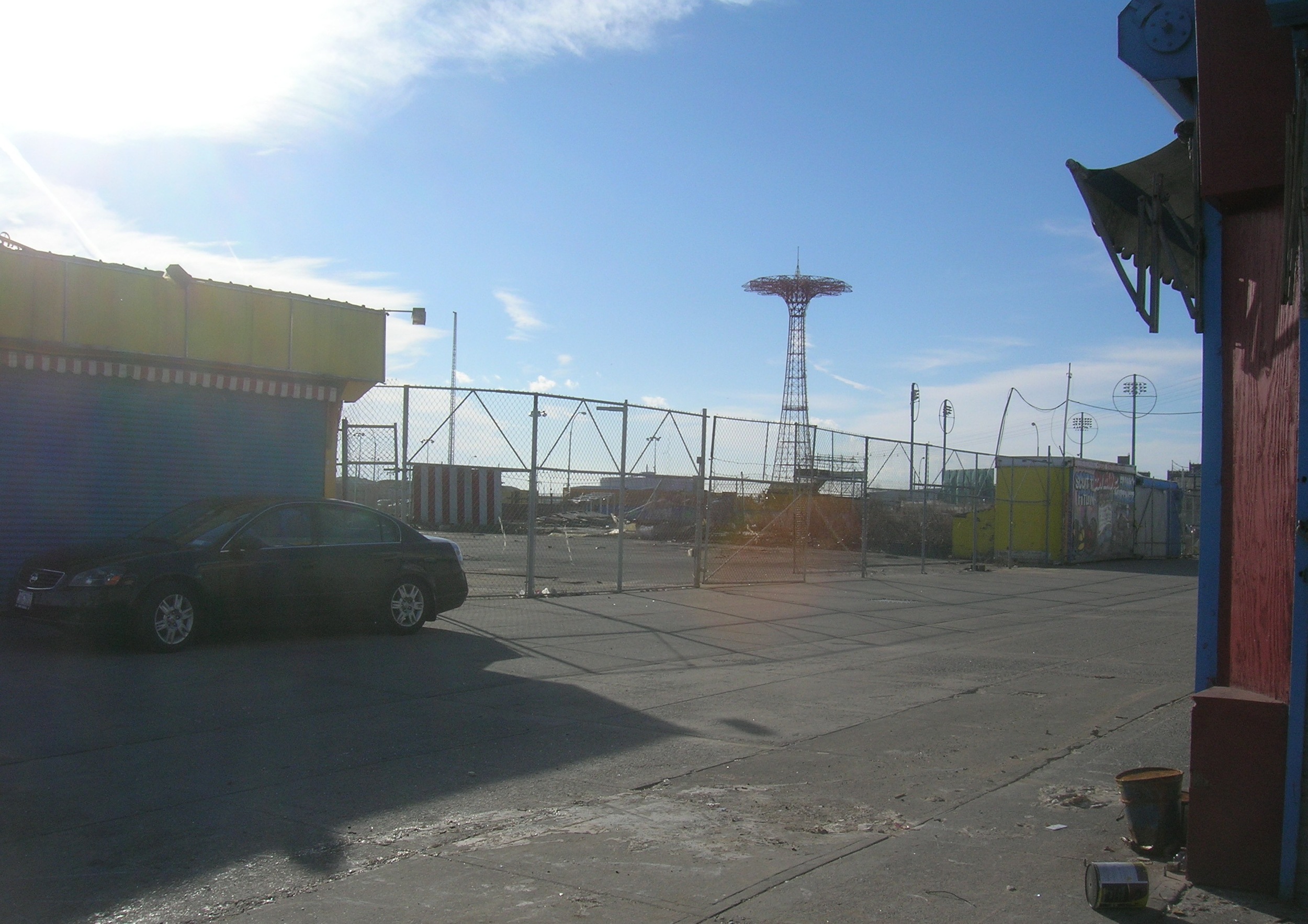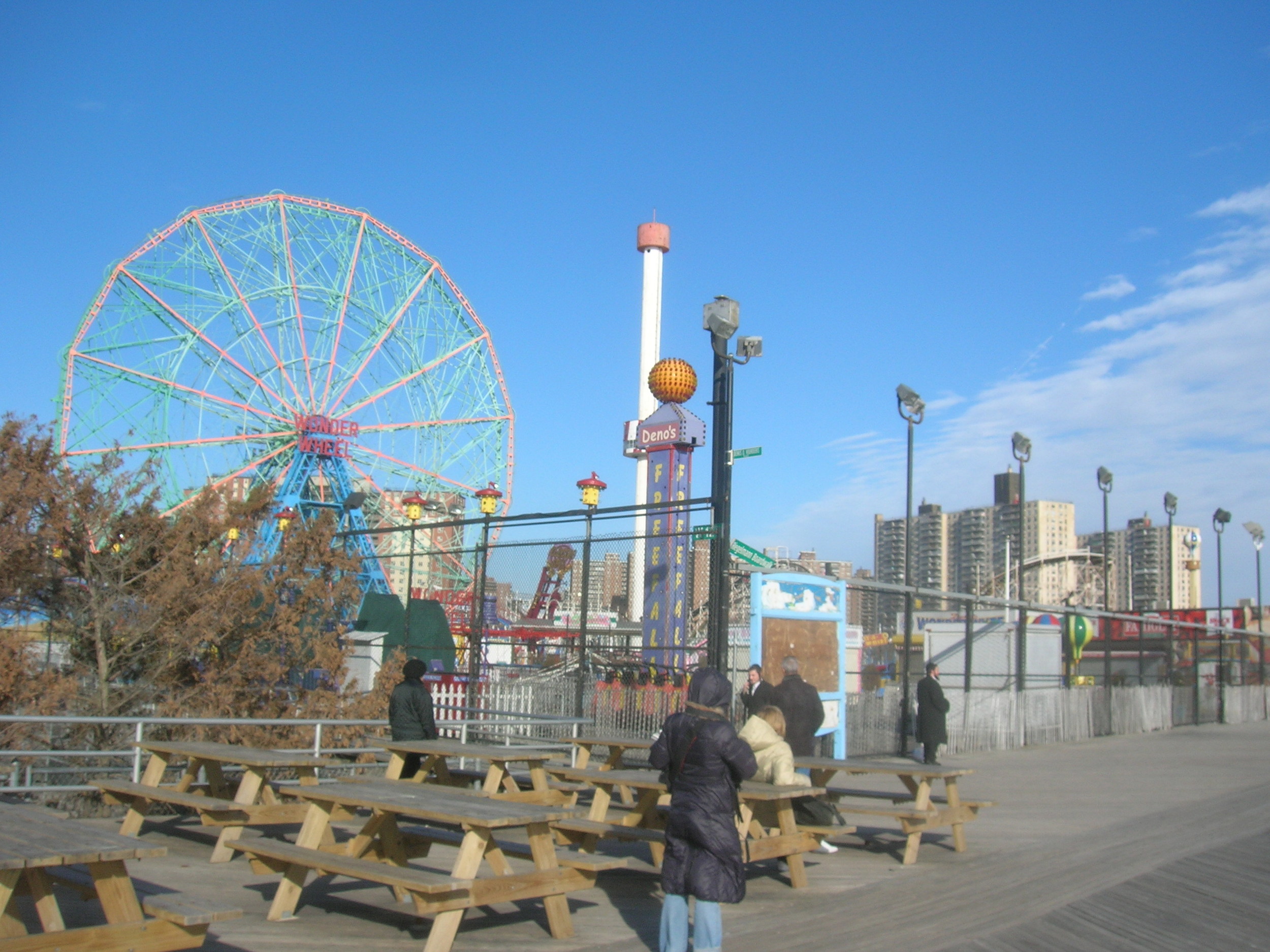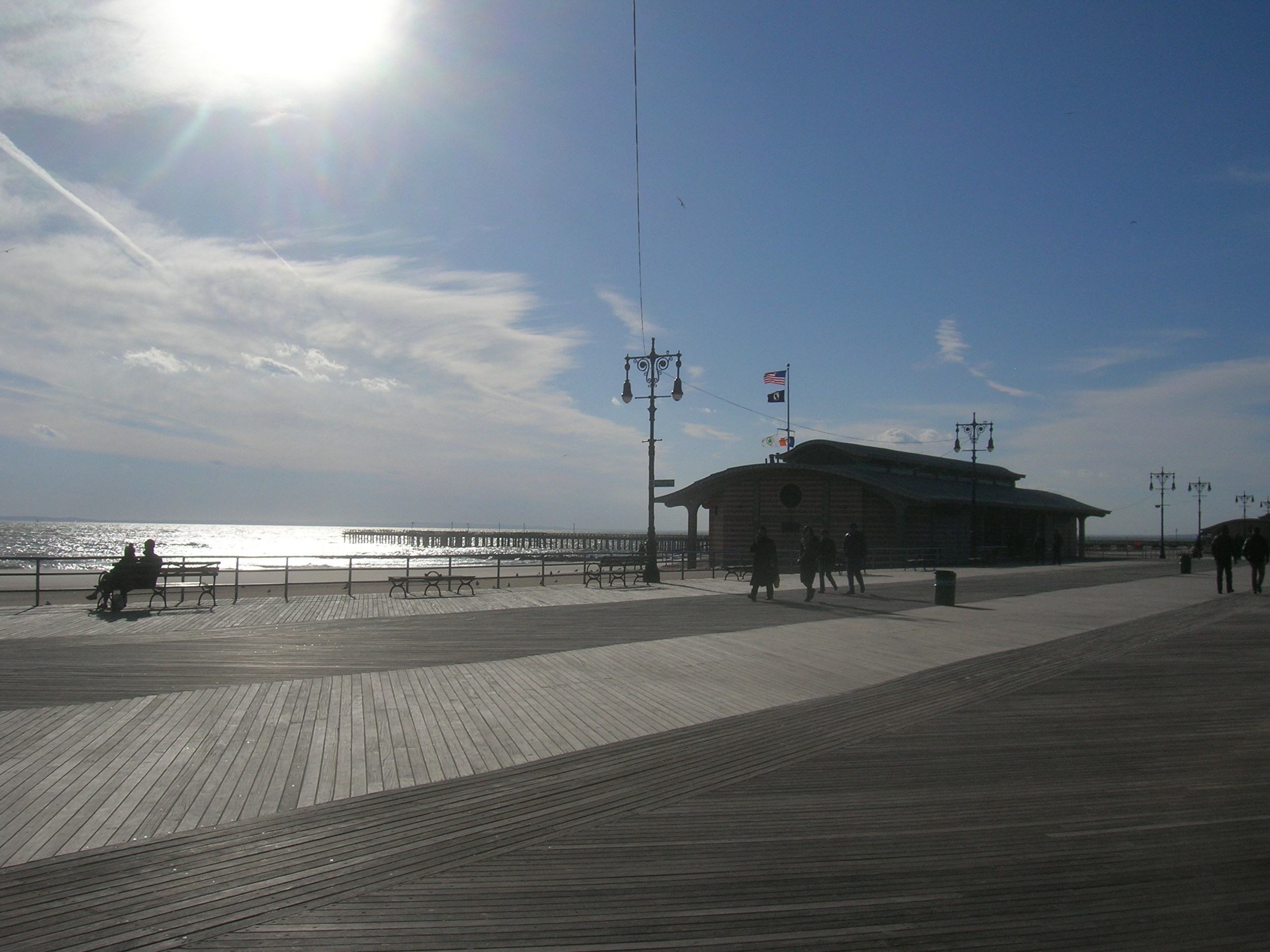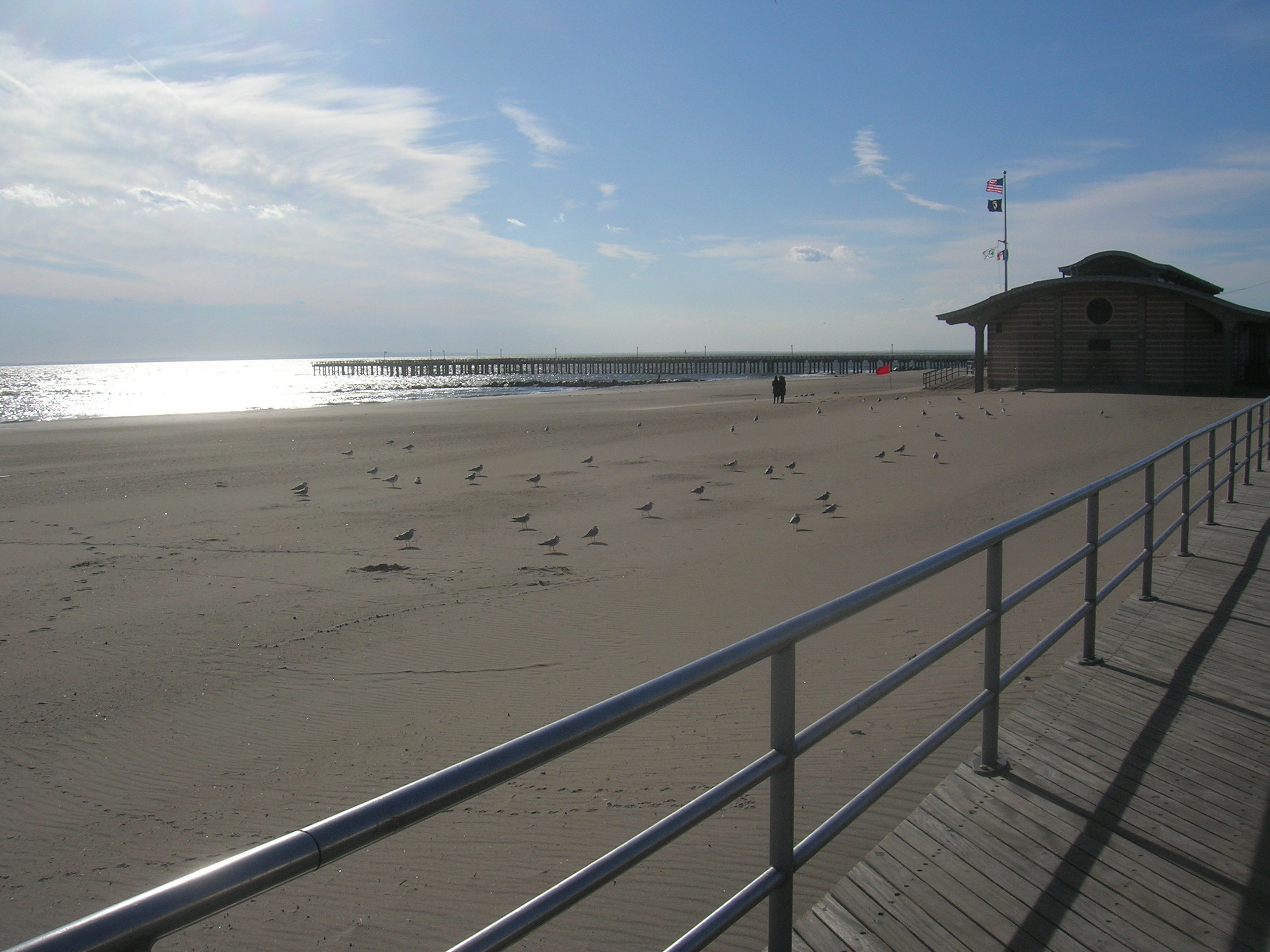I wrote last fall about an Ugly Rhino production at the Brooklyn Lyceum, a onetime public bathhouse on Fourth Avenue, in Park Slope. The last performances of that play—a Halloween spectacular complete with booze, dancing and 1970's sleaze—were cancelled due to Hurricane Sandy. Now, the theater itself faces something far more daunting: bankruptcy.
For the last few weeks, theater owner Eric Richmond has been proclaiming doom. After more than two decades of ownership, he has run into serious debt, and could be foreclosed upon as early as this month. I live around the corner from the theater, and thought of seeing it go dark makes my heart hurt. God knows how Richmond must feel.
In a February memo to supporters, he wrote that the Lyceum, "has always been a work in progress."
The fees from rentals and admission barely covered the cost of basic maintenance and the electricity to run the building. All the infrastructure work—including the creation of new theater spaces—came out of sweat equity or cash raised from the mortgage. (That of course is part of the legal dispute.)
My goal was to make this tremendous hulk of a space available to striving artists. Many people have appreciated the Lyceum’s roughhewn beauty. Some wanted a more polished space, but that is kind of a Catch-22: maybe that desired space would not be affordable. We were/are a big wreck of a building that gets better each year.
That wreck could be facing the wrecking ball. Well, not literally—you can't just go around tearing down landmarked buildings. But the space's future as a theater is in doubt. Richmond warns of a culture lover's worst case scenario: that the grandest theater south of Flatbush could be converted to condos or, worse, a Duane Reade.
Tonight came an update, and it is no more rosy. Richmond writes:
The Lyceum is not closing. The Lyceum, however, is fighting for its very existence. What got us here is subject to much speculation.
Our current financial problems result largely (but not exclusively) from legal battles with our former architect, Jean G. Miele, regarding a development deal that encompassed the Lyceum, the lot next door and the development rights shared by both properties. We believe we're victims of price gouging: up to $800,000 in questionable expenses that frustrated our ability to complete the deal and led to our predicament.
Richmond writes with passion, but not clarity. His message has the intensity of someone whose legal troubles have made him an amateur lawyer against his will. I'm not really sure what's going on at the Lyceum, but it doesn't sound good. I hope Richmond is exaggerating, but my gut tells me he's not. I'm going to start looking into it tomorrow. I'll let you know if I learn anything interesting.
